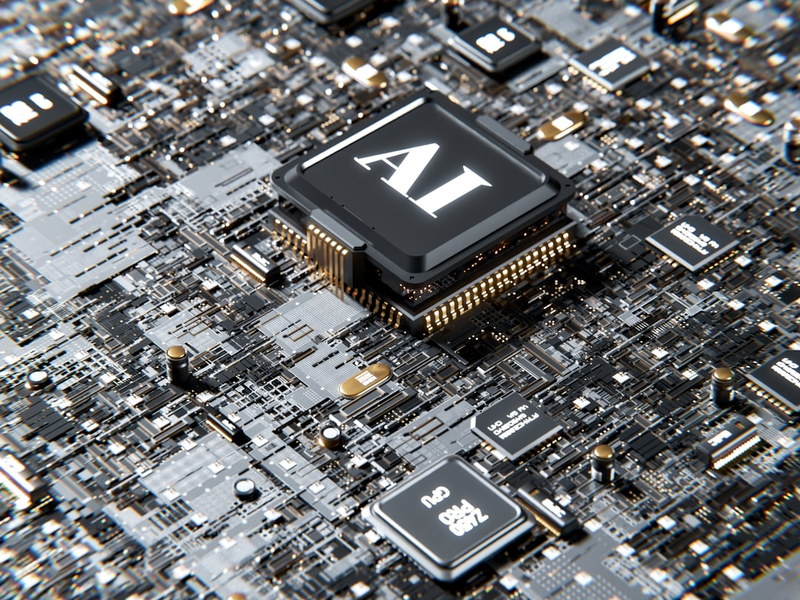AI Companies and Copyright: The Legal Battle Reshaping Tech Innovation

Photo by Igor Omilaev on Unsplash
In a groundbreaking legal decision that could reshape the future of artificial intelligence, a federal judge has delivered a nuanced ruling in a case involving San Francisco-based AI company Anthropic. The lawsuit, filed by three writers, challenged Anthropic’s method of training its chatbot Claude using millions of copyrighted books.
U.S. District Judge William Alsup determined that Anthropic’s AI training approach constituted “fair use” under copyright law, marking a potentially pivotal moment for the tech industry. The judge argued that the AI’s process of learning from written works was “quintessentially transformative,” suggesting that the technology creates something fundamentally new rather than simply reproducing existing content.
However, the ruling wasn’t entirely in Anthropic’s favor. The judge noted that the company’s initial use of pirated online book repositories could still result in legal consequences. Documents revealed internal concerns within Anthropic about the legality of their original data acquisition methods, which led them to subsequently attempt purchasing digitized book copies.
This case has significant implications beyond Anthropic, potentially setting a precedent for other AI companies like OpenAI and Meta, who are facing similar copyright infringement lawsuits. The decision highlights the complex legal landscape emerging around generative AI technologies.
Anthropic, founded by former OpenAI leaders in 2021, has positioned itself as a more responsible and ethically conscious AI developer. The company markets its generative AI models as capable of sophisticated tasks like composing emails and summarizing documents.
The lawsuit challenged this reputation, alleging that Anthropic’s actions contradicted their proclaimed ethical standards by utilizing pirated writing repositories to develop their AI product. Judge Alsup’s ruling suggests a nuanced understanding of how AI technologies interact with existing intellectual property.
As the tech world continues to grapple with the legal and ethical challenges of AI development, this case represents a critical moment in defining the boundaries of innovation and intellectual property rights.
AUTHOR: mb
SOURCE: NBC Bay Area
























































